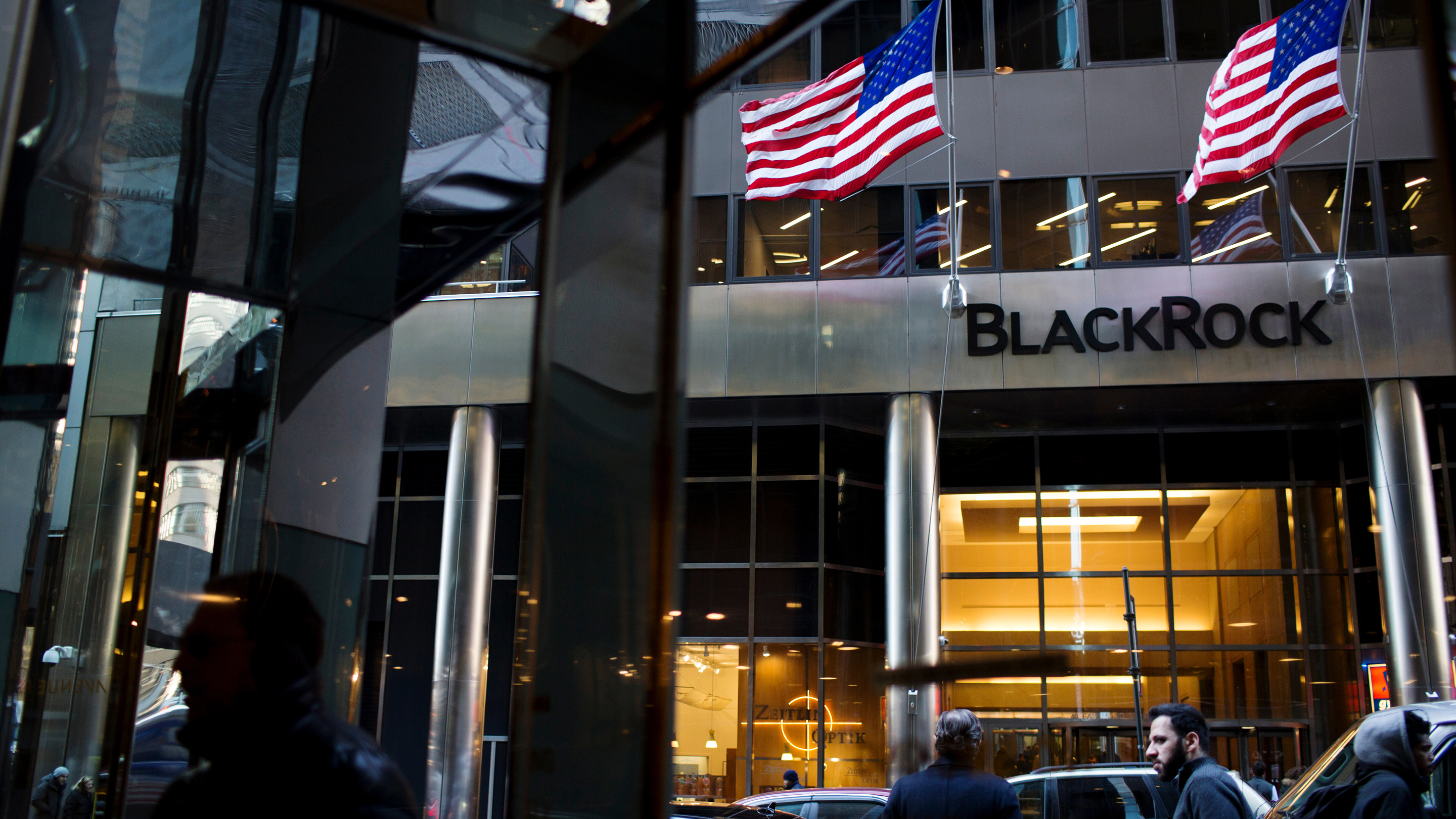“Climate Risk Is Investment Risk”–Coming from an Authoritative Source

BlackRock Inc. headquarters in New York
BlackRock, the world’s largest investment management corporation with nearly $7 trillion under management, has recently committed to make investment decisions with environmental sustainability as a core goal, and begin to exit certain investments that “present a high sustainability-related risk,” such as those in coal-fired power.
A spokesperson was interviewed on PBS’s fabulous show Amanpour and Company this morning, and explained the firm’s decision in terms of pure dollars and cents. When asked about the underlying thought process for this decision, he replied, tersely, “Climate risk is investment risk.” That is, companies that contribute to climate change and other environmental damage have financial exposure on numerous fronts.
Though he wasn’t specific, these risks clearly include increasingly burdensome government regulation, consumer abandonment and bad public relations. To that list should be added competitive encroachment, as vast amounts of technology R&D is being focused on clean energy and transportation solutions, sustainable ag…or, really, sustainable anything. I’m happy to report that any company whose product is ruining the health of our planet is in danger, whether that’s in the short, medium, or somewhat longer term.

Craig,
Er, Craig, you do realize that all large corporations employ highly skilled PR departments to craft vague ‘feel good’, ‘Mom and apple pie” statements aimed at telling the people want they want to hear?
The really worrying trend for the oil industry is not a lack of investors, but over production. Despite American and global usage of oil and gas expanding, production is increasing even faster pushing down prices and profits.
New technology in the oil energy sector has increased much faster with far more dramatic results than advances in new “renewable” technologies.
Oil and Gas has always been highly profitable investments, albeit with risk. In glut conditions, profitability declines especially as cost and risks increase. These are the factors that drive O&G investment, not altruistic ideology.